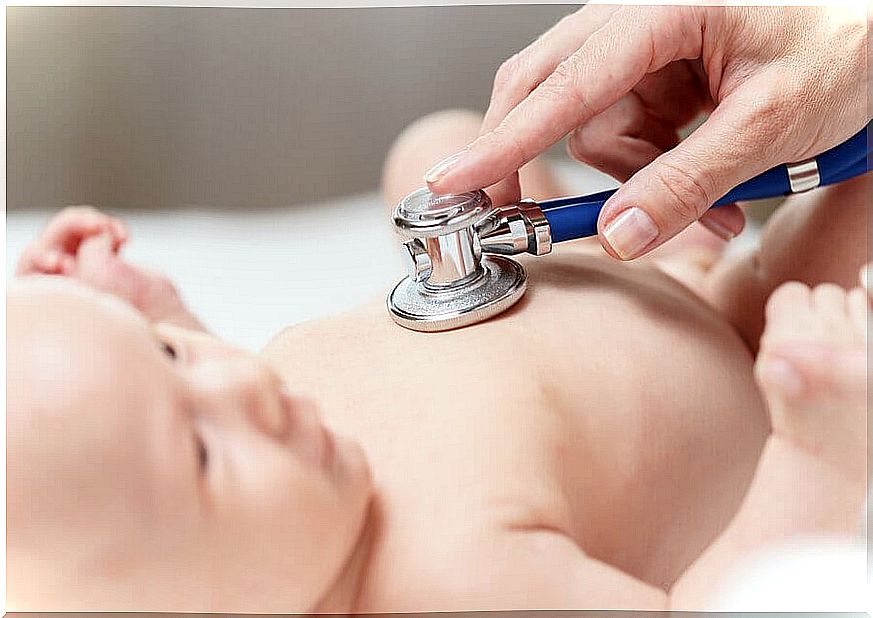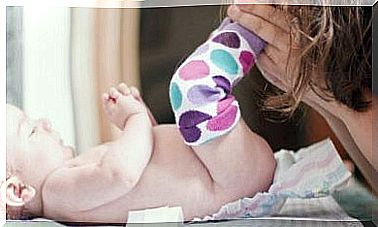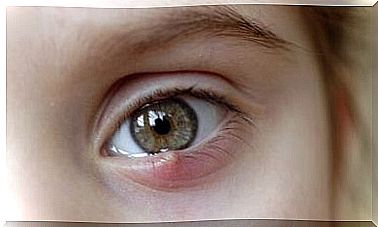Newborn Screenings

The tests that are carried out on newborns during the first hours and days of life are intended to be able to fully understand the baby’s health status. Do you know what they are and what they are for?
The types of exams that exist try to rule out complications of all types related to: blood pressure, muscle tone, development of the respiratory and auditory system and even possible pathologies of a metabolic order.
It is important for parents to know that many of these exams are done according to established formalities. In fact, they are very useful for taking immediate and effective action in case of any complications.
Newborn exams
At least 80% of screening or disposal tests in newborns are done on the same day of birth. They are essential for knowing the baby’s physical state, as while the fetus is in the womb, some aspects of its functioning and health cannot be measured.
The baby’s first exams are as follows:
Apgar Test
It represents the first complete assessment that is done on the newborn at the time of birth. It can be done by the specialist doctor or by the assistant nurses at birth. The test examines:
- The airway, before using the nasal aspirator.
- The baby’s skin tone.
- The heartbeat, which should approach 100 per minute.
- The mobility and muscle tone of your extremities.

After this assessment, test data begins to be recorded: a number between 0 and 10 is assigned to record the child’s response to the four assessments. In this sense, zero will be estimated as a null result and ten as the child’s best response.
This test is performed every five minutes and, in all healthy children, better responses are obtained as the hours go by, due to their adaptation to the new habitat outside the mother’s womb.
Bloodtests
The next test to be done in the first hours of life is a blood test. Its purpose is to determine the levels of oxygenation in the blood and also the blood type.
In Brazil, part of these tests is known as the ‘little foot test’, referring to the area from which the sample is taken. With this test, doctors can, for example, request that tests be performed for hypothyroidism, sickle cell anemia and toxoplasmosis, among other 19 possible metabolic diseases.
Baby weight and size
It is, as the name implies, measuring the baby’s weight and size to later compare them with established estimates. The most common weights are between 2.5 and 4 kilograms; the average is 3.25 kg.
With regard to size, the parents’ ethnicity is taken into account to assess their measurements; in this case, the average is between 45 and 50 centimeters, for example.
Certainly another important measurement that is taken is the measurement of the baby’s skull. This test is also important to rule out possible anomalies. Standard circumference measurements are between 33 and 37 centimeters.
Analysis of channels for waste disposal
This exam is also one of the first to be performed. In fact, it checks that the urinary tract and the defecation duct are not obstructed so that the child can evacuate correctly.
gestation age
This examination is carried out on newborns who were born prematurely to estimate their exact age at formation. Likewise, one tries to find out to what extent their vital organs were formed.

General Physical Aspects
At this stage, the child’s physical and visible characteristics are observed to rule out a possible malformation. For example, the fingers and toes are counted, and the baby is found to have two ears and that they are shaped properly.
Other routine exams
Other routine tests include continuous checking of the condition of the stump where the umbilical cord was connected, checking the child’s reflexes and the condition of their eyes, along with applying ointments and drops.
In short, all these routine and mandatory exams will help doctors determine the health status of the little newborn, whether to discharge quickly or to start any necessary treatment in time to ensure its complete physical well-being.









